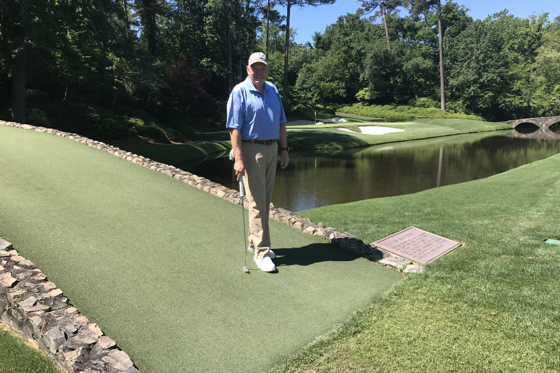With COVID-19 spikes still plaguing the world, the hotel industry is struggling to find a new normal. Here is what’s in Leland “Lee” Pillsbury’s crystal ball.
Contributed by Mary Scoviak
One thing that’s clear, he will never look at an asset the same way again. “Roughly 60% of U.S. hotels are in monetary or non-monetary default, so lenders and hotel companies will have their own difficulties,” Pillsbury said. “This is an unprecedented investment opportunity, far more than the Great Recession or the RTC crisis.”
The big change? It’s not simply a question of paying a smart price and restructuring the balance sheet. Buyers will need to figure in reopening costs. “It’s like opening a new hotel,” he said.

Pillsbury’s predicting equally significant changes in the “who” of the market, as well. First off, he’s not buying the argument that COVID-19 will cause brand consolidation, but he’s also not betting on the biggest fish staking out the whole pond. Hotel giants aren’t sure winners among post-coronavirus travelers, if you ask Pillsbury.
“I’m not sure the average consumer would feel safer in a Marriott International property than in someone’s home or a smaller chain,” he said. That’s why he sees disruptive companies such as software-driven Life House hotels as thrivers. “If Life House can implement good sanitation practices and communicate that to guests, it could be very positive.”
Pillsbury has no time for: brand books that could double as the room’s nightstand. “One brand we work with has 300 brand standards,” he said. “Investors don’t want to buy a hotel that has to comply with 300 brand standards, so brands have to prioritize.”
